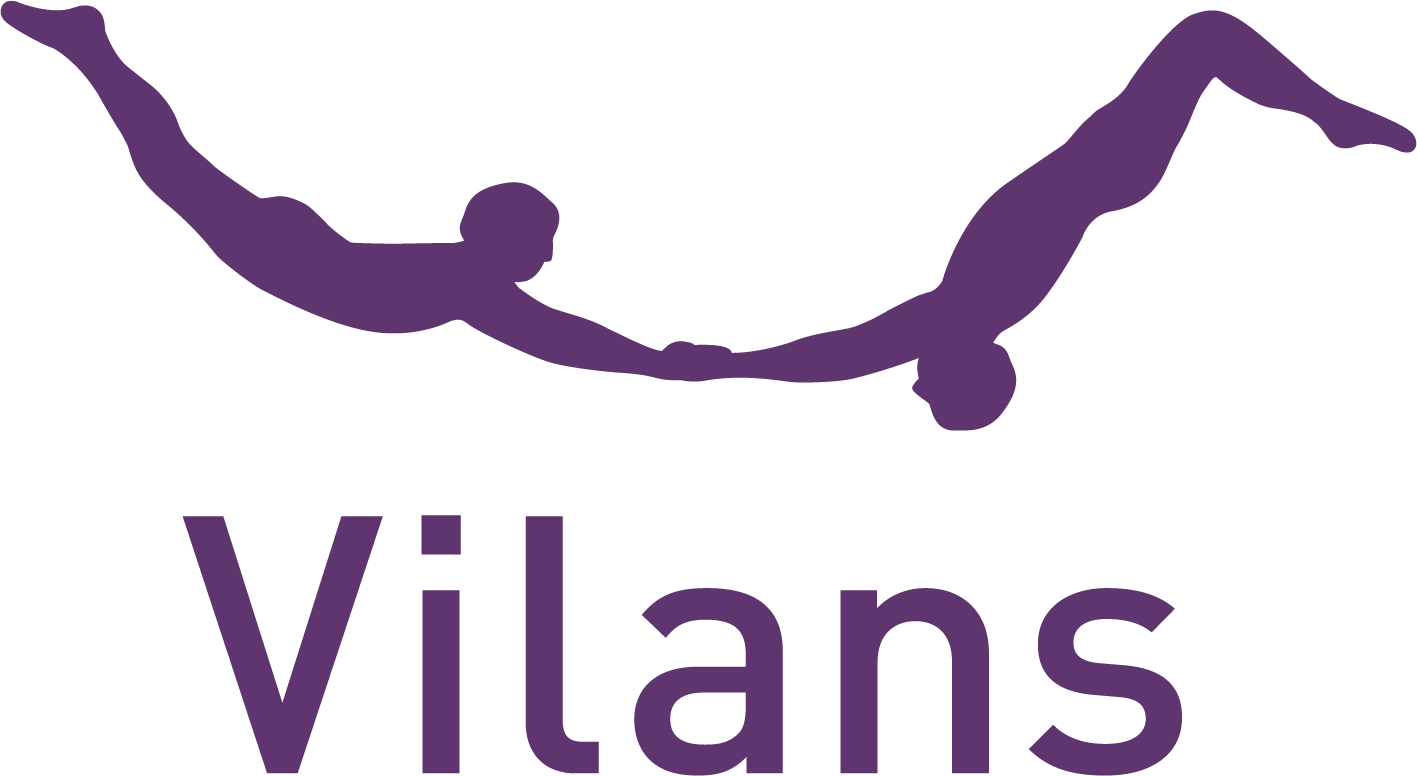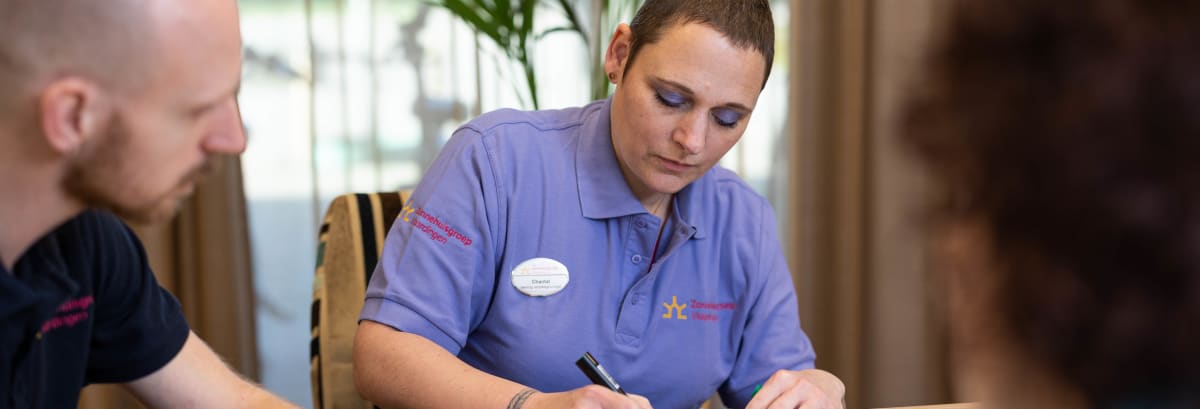What kind of knowledge do healthcare professionals need?
Published on: 28-09-2023
What are the knowledge requirements of healthcare professionals? To provide good care, healthcare professionals need access to reliable knowledge. Often this is already there, but it needs to be made more applicable and/or available. If the knowledge is not yet available, it is important that research is done. Vilans is creating and prioritising a structured inventory of knowledge requirements for healthcare professionals. In this way, Vilans wants to provide structural input for the programming, direction, knowledge and research agendas of all partners in the sector, where knowledge on long-term care is created and made available.
A report with recent results
By means of a questionnaire survey, Vilans asked healthcare professionals from long-term elder care and disability care the following questions:
- Identify five themes where they lack knowledge;
- What knowledge questions they have regarding these themes;
- How important they think it is that these knowledge questions are answered.
Nathalie Stolwijk and Mieke van Hamersveld, project leaders of the Long-Term Care Knowledge Infrastructure program, and Lia Davelaar, Director of Knowledge Strategy and Management, talk about the results and about the value of the report for long-term care.
Need for insight and variety to different sectors
‘Care professionals in elder care seem to have less need for knowledge on themes surrounding daily care, compared to other themes, such as mental well-being. In disability care, healthcare professionals appear to have a greater need for knowledge in how to support and guide the client. In addition, it seems to be mainly about applying knowledge. The variety of questions may also require diversification in the types of knowledge.’
Nathalie Stolwijk
‘What we also noticed is that healthcare professionals rated most knowledge questions as important to very important. We also saw overlap in knowledge questions between the different themes. This seems to place the emphasis from healthcare professionals more on the themes and less on how the knowledge questions relate to one another.’
Mieke van Hamersveld
Most frequently mentioned themes in elder care
- Misunderstood behaviour
- Self-direction and self-reliance
- Family participation
- Dementia
- Palliative care
- Person-oriented care
Most frequently mentioned themes in disability care
- Psychological well-being.
- Self-management and self-reliance.
- Learning, development and knowledge-sharing.
- Person-centred care
- Personal development of clients.
- Collaboration with other organisations.
Most important knowledge question for the most important theme (per sector)
- How can I properly deal with misunderstood behaviour in older people with dementia? (Elder care).
- How do I recognise psychiatric problems in a client with an intellectual disability? (Disability care)
Bringing practice, education and science closer together
‘Vilans plays a supporting role in the knowledge infrastructure for long-term care. This means that we want to bring practice, education and science closer together. We don’t just spread knowledge. We also actively collect questions from practice to provide input for the research agendas. So that research can respond to questions from supervisors, caregivers and nurses. This report will help us enormously!’
Lia Davelaar
How to proceed?
The two researchers would like to further refine the method for collecting and prioritising knowledge requirements in the coming year.
Stolwijk explains: ‘Last year was a pilot. We have learned a lot and see many areas for improvement that we want to work on.’ Van Hamersveld supports her colleague saying, ‘I hope that in a few years time we will also be able to make solid statements about the specific knowledge requirements per region and about the needs of the future healthcare professional: the student, and also from the informal caregiver. This way we can better connect with these target groups with our knowledge offering and services.’
‘The more people participate in this annual survey, the more we will be able say about knowledge requirements. For example, per staff function. Within healthcare organisations, more and more people are learning from data and information, and we are also busy working on this at Vilans. You can identify knowledge requirements in various ways, such as taking a day trip or seeing which online messages are frequently viewed. It would be nice if we could put all these different puzzle pieces next to each other – and map out the knowledge needs and distribute the information that is even better suited to practice.’
Nathalie Stolwijk
Collaboration within the knowledge infrastructure
In the near future, van Hamersveld and Stolwijk will be busy talking to various actors within the knowledge infrastructure to see how they could better identify their knowledge requirements. But also to see how they could be met.
‘Of course, it should not stop at just identifying requirements. Existing knowledge may need to be made more accessible or applicable. Or perhaps new knowledge needs to be developed. It would be fantastic if we, as a sector, took a more structured approach. My ideal is that within the knowledge eco-system we look together at which knowledge questions have already been answered and which have not. And then we divide the tasks together. During our discussions, we can therefore also explore the possibilities of continuing to work together during this phase.’
Mieke van Hamersveld
Want to know more?
Would you like to know more about the structural inventory and prioritisation of knowledge questions?
- Please contact Mieke van Hamersveld or Nathalie Stolwijk.
- Read more about the Long-Term Care Knowledge Infrastructure program (Dutch)






